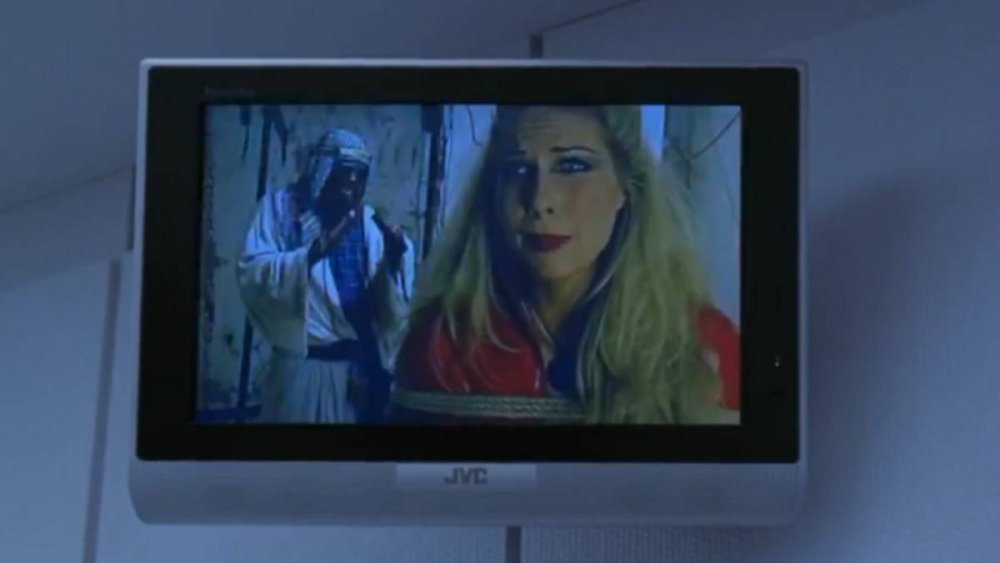Why This V For Vendetta Scene Means More Than You Think
Remember, remember the fifth of November...
In a time of political turmoil and increasing strife within the populace, there's never been a better time to revisit the political action film V for Vendetta. Based on the graphic novel by Alan Moore and David Lloyd, the film is set in a dystopian version of the United Kingdom that has given in to a neo-fascist regime. V (Hugo Weaving) is an anarchist who attempts to start a revolution through terrorist attacks across the country, and to accomplish his ultimate goal, he enlists the help of TV station employee Evey (Natalie Portman) to usher in a new age.
Almost 15 years after release, the film has remained firmly in the zeitgeist. The Guy Fawkes mask has become a symbol to real-world anarchists, not to mention the hacker group Anonymous. It's become essential viewing every November 5th for cinephiles to remind themselves that people shouldn't be afraid of their government, governments should be afraid of their people. The film is filled with small background details that flesh out its world-building, and with every rewatch, there's always something new to discover. One Redditor found such a detail, and as it turns out, there's more to one particular brief scene than you may have initially realized.
A quick TV clip showcases fear-mongering propaganda
Redditor u/aiowaitre posted a quick snapshot from the film, along with the question, "What the heck is this little scene that flashed through the channel scrolling during the BTN lockdown?" The image in question shows a television program in which a blonde woman is tied up with what looks like a caricature of an Islamic person in the background. Turns out, this image actually has basis within the V for Vendetta graphic novel. In the comic, there's a government-approved TV program called Storm Saxon. As Redditor u/Ruxini puts it, "They show how the state-controlled television is used for propaganda."
The fictitious program in the movie clearly depicts anti-Islamic propaganda. Within the context of the film, the state makes its citizens fearful of outsiders and therefore reliant even more on the government. It shows how fascist authorities have truly overtaken everyone's lives, where their influence can even be seen in a quick, blink-and-you'll-miss-it moment. As an allegory for how easily fascism can rise, V for Vendetta remains prescient to this day.

